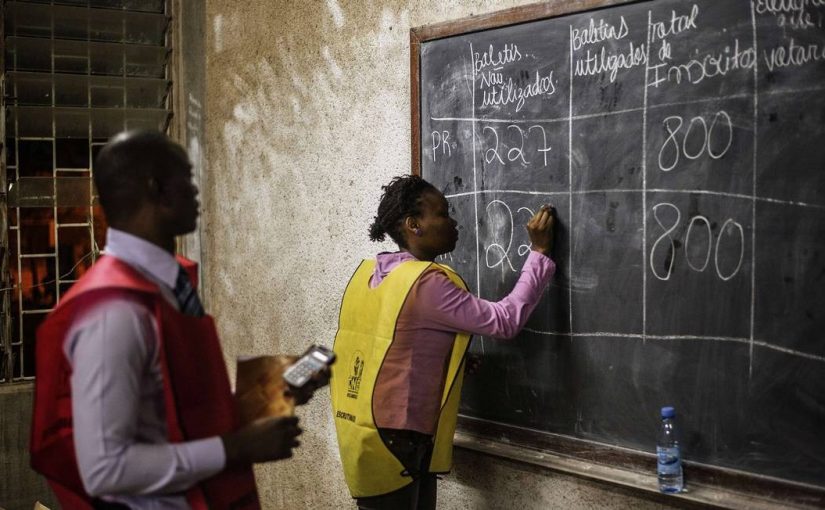Mozambique: Mondlane submits new appeal to the Constitutional Council, changes party name to Anamola
Mozambique elections: Constitucional Council criticises both district courts and Renamo and “refrains from acknowledging the appeal made by Renamo” – AIM

FILE: For illustration purposes only. [File photo: Globo]
Mozambique’s Constitutional Council, the country’s supreme body in matters of constitutional and electoral law, has severely rebuked the Manhiça district court, in Maputo province, for bungling an election appeal submitted by the main opposition party Renamo, against the results of the 15 October general and provincial elections.
But it seems that the Manhiça result may well stand, because of Renamo’s own mistakes in submitting its appeal.
The district court made the astonishing mistake of using the wrong law when it rejected the Renamo appeal. The law the court used was the 2018 law governing municipal elections.
But the general and provincial elections held on 15 October are governed by quite different laws.
The Council’s ruling said that the district judge had shown “a lack of attention”, which led to an “error in the application of the law”, meaning that her dispatch was null and void.
So the case ought to have gone back to the district court “for rigorous compliance with the law, in full accordance with the Renamo request, which is the restoration of legality and justice, by correcting the count of votes done by the Manhiça District Elections Commission”.
The Elections Commission had given Renamo 8.5 per cent of the vote in the parliamentary election and 7.1 per cent of the votes in the election for the Maputo Provincial Assembly, whereas Renamo’s tabulation of the results from the polling stations gave it 14 per cent in both elections.
So will Renamo recover its missing Manhiça votes?
It seems unlikely, since the Council implies there is no time for the district court to hold a further hearing on the same subject. “Considering that the electoral process is of a summary nature and obeys a strict calendar that is not compatible with the repetition of judgements”, the Council says it is judging the appeal itself “in order to maintain the rigour and credibility of the elections”.
The Council noted that, in its appeal to the district court, Renamo did not include evidence to back up its claims, such as witness statements, or documents such as polling station result sheets. But when it appealed against the district court to the Constitutional Council, it did attach copies of results sheets (from both district and polling station counts).
This procedure was illegitimate, the Council said, because an appellant to the Council cannot add new evidence that was not submitted to the first court.
So the Council “refrains from acknowledging the appeal made by Renamo”, the ruling concludes.












Leave a Reply
Be the First to Comment!
You must be logged in to post a comment.
You must be logged in to post a comment.